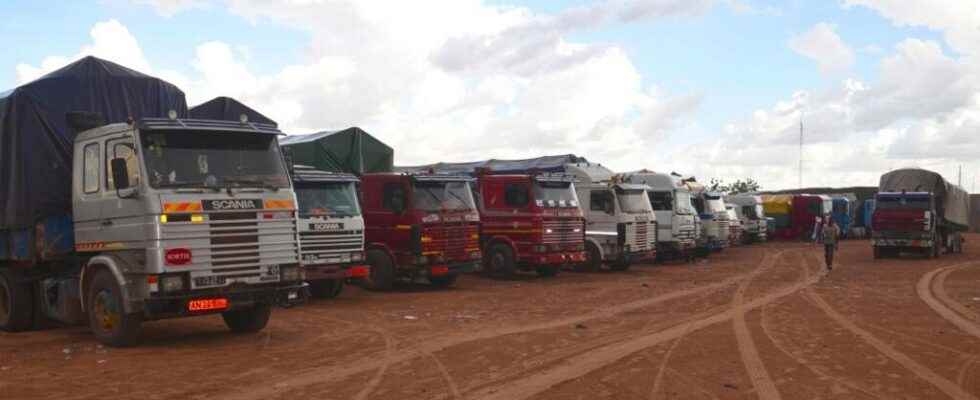To address the economic problems caused by impassable roads, President Muhammadu Buhari this week inaugurated a vast project for access to rural markets. According to World Bank figures, 87% of the country’s roads are in very poor condition.
With our correspondent in Lagos, Liza Fabbian
Of the 230,000 km of rural roads in Nigeria, only 30,000 km are passable. The project for access to rural and agricultural areas (RAAMP), inaugurated by the Nigerian president, should make it possible to open up many communities in 19 states. A total of $575 million has been allocated to this project, partly financed by the World Bank and the French Development Agency (AFD).
For several years, the generalized insecurity in the northeast and northwest of Nigeria has largely contributed to the deterioration of the road network because the workers dispatched to the damaged sections were regularly exposed to the risk of kidnapping. And the recent floods have also worsened the condition of the roads.
This project is therefore a major challenge for the country, which is seeing its economic activity hampered by the difficulties in moving around the country. They impede crucial services such as the transport of fruits and vegetables or the gasoline deliveries.
During the launch of the project for access to rural and agricultural areas (RAAMP), the director of the World Bank for Nigeria also recalled the exorbitant cost of state subsidies on fuel. He therefore suggested that this money could instead be used to renovate the road network.
